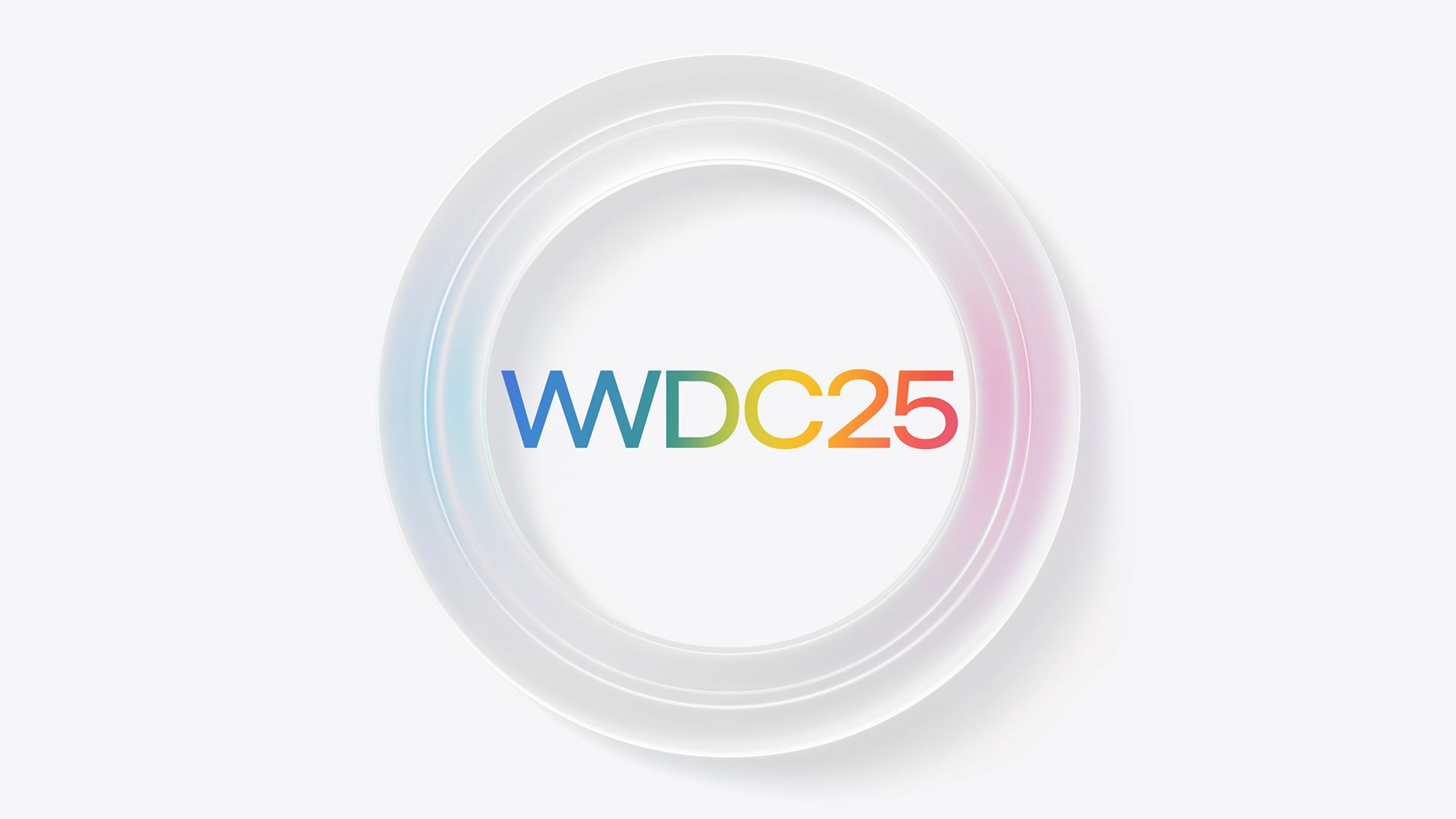The 2021 case of Epic Games v. Apple ended with a slap on the wrist—Apple was ordered, in somewhat loose terms, to stop restricting external purchase links in iPhone apps. Now, the judge responsible for the 2021 ruling says that Apple has willfully violated its injunction. The company must now take specific, court-ordered actions that will severly damage its App Store model.
Longstanding Apple policy states that all iOS in-app purchases must be processed through the App Store. The company collects a commission of up to 30% on these purchases, regardless of whether they’re one-time or recurring. Epic Games intentionally violated Apple’s policy by placing out-of-app purchase links within Fortnite—it redirected customers to a website where Apple could not collect a commission fee. After getting kicked off the App Store, Epic Games mocked Apple and filed a lawsuit against the tech giant.
I expected Epic Games v. Apple to flounder around for a few years before fading away. The 2021 ruling reinforced this perspective, as it was almost unequivocally in Apple’s favor. Apple was ordered to allow out-of-app purchase links on iOS, but the injunction gave Apple too much wiggle room. It was extremely open to interpretation, and although the sentiment of court’s mandate was crystal clear, Apple chose to follow the ruling in an extremely “anticompetitive,” plainly bad-faith manner; it placed a commission on out-of-app purchases. Developers were finally allowed to direct customers away from the App Store, but they still had to give Apple a cut.
Judge Yvonne Gonzalez Rogers now says that Apple knowingly “thwarted” and “undermined” the goals of this 2021 injunction. Contemporaneous business documents reveal that individuals within Apple, including the prominent Phillip Schiller, understood the purpose of the court’s order and urged Time Cook to follow it in good faith. But “Cook chose poorly.” He and the financial leaders within Apple “knew exactly what [they were] doing and at every turn chose the most anticompetitive” interpretation of a legal order. The company also attempted to obscure this fact in court—Apple’s VP of Finance, Alex Roman, “outright lied under oath.”
So, Apple is now forced to follow specific actions detailed by the court. These actions significantly undermine the existing App Store model and reduce Apple’s ability to profit from other companies’ services, intellectual property, or digital assets.
Here are some of the changes that Apple must enact, per court order:
- Apple must allow commission-free out-of-app purchases on iOS.
- Developers cannot be punished for placing out-of-purchase links in “undesignated” areas—Apple previously restricted where these links were allowed.
- Apple cannot enforce style or formatting requirements for out-of-app purchase links.
- “Calls to action” that encourage customers to utilize out-of-app purchase options, such as discount banners, must be tolerated by Apple.
Apple may also face criminal contempt for its repeated attempts to undermine the law. Proceedings will be held if deemed appropriate after an investigation by the U.S. Attorney for the Northern District of California.
For its part, Apple is still allowed to show a “neutral message” when customers tap an out-of-app purchase link. But this message cannot discourage customer choice through scare tactics or other means. It should simply inform customers that they’re about to visit a third-party website.

Related
The Worldwide Developers Conference has lost its magic, and it’s Apple’s fault.
Judge Gonzalez Rogers wants to see these changes implemented as soon as possible. “Effective immediately, Apple will no longer impede developers’ ability to communicate with users nor will they levy or impose a new commission on off-app purchases.” Apple says it’ll comply with the court order, though it’s filing an appeal.
As for whether Apple will follow this ruling in good faith—nobody knows yet. We’ll find out after app developers test the waters. Epic Games says that it’s bringing Fortnite back to the iOS App Store next week, so I guess that’s the biggest test of them all. If Apple plays nice, then out-of-app purchases are good to go. Frankly, I assume that the company will go down the petty route and block Fortnite for some arbitrary reason, but I hope I’m wrong.
Source: U.S. District Court Northern District of California via The Verge




